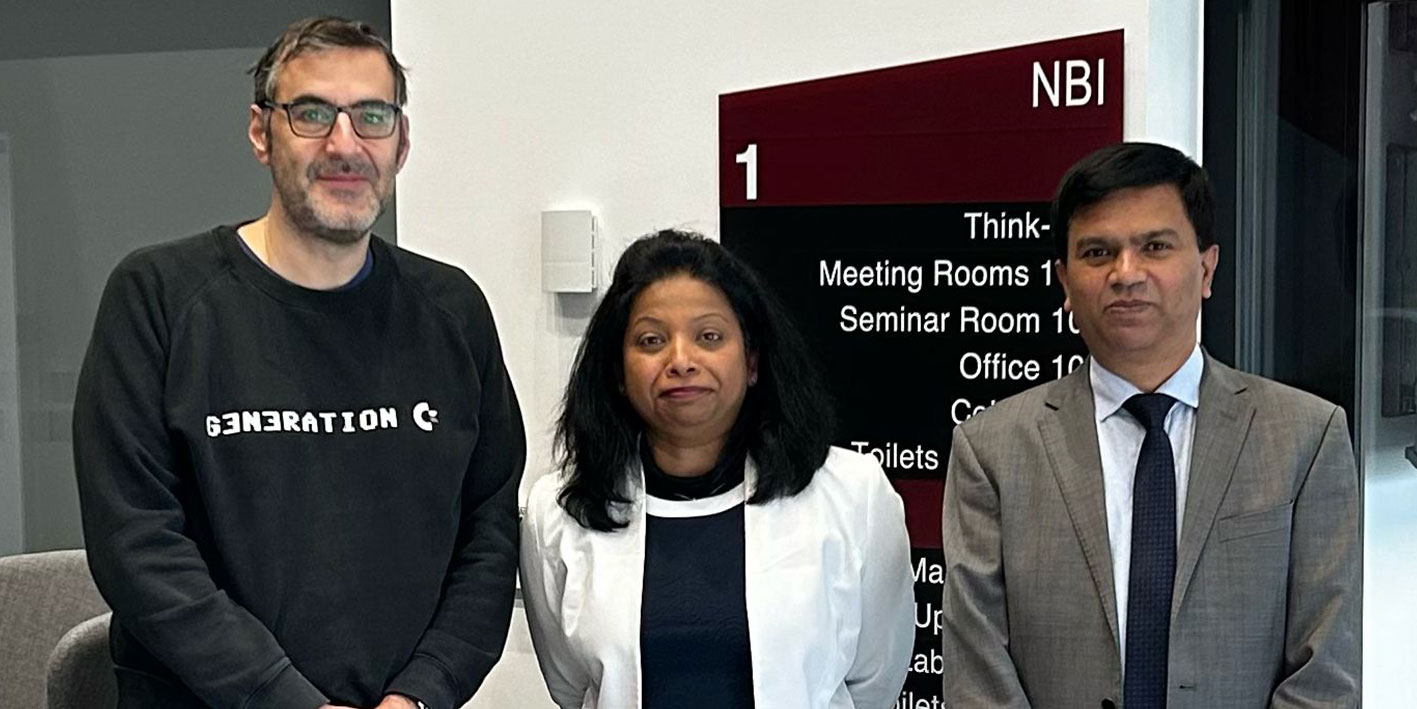
Research to explore impact of COVID-19 on migrants

New research by the University of Wolverhampton will explore the impact of COVID-19 on migrants who cannot apply for public funding during the crisis.
In the UK there are an estimated 674,000 people who have ‘no recourse to public funds’ (NRPF) because of their irregular migration status, including 106,000 UK born children.
This population includes refused asylum seekers, clandestine entrants, and those who have overstayed a visa. There are also an unknown additional number of people with temporary leave to remain in the UK who are subject to the NRPF condition and who are at risk of losing employment as a result of the pandemic. This population is at high risk of poverty and insecurity, but little is known about their experiences during the current pandemic.
The University’s Institute for Community Research and Development (ICRD) has been awarded £20,000 over the next three months by the Paul Hamlyn Foundation to research the issue.
Researchers Andy Jolly and Bozena Sojka from the University will work with partners from the third sector including Migrants’ Rights Network, Project 17, ASIRT, and the Public Interest Law Centre on a rapid response project to understand and map the local authority response to people who are subject to the NRPF condition during the pandemic, in order to be able to target support and inform policies to protect this population from contracting or transmitting Covid-19, and to assist advocacy work for organisations supporting people with NRPF.
Andy Jolly, Research Associate at the University of Wolverhampton, said: “We are really excited to be working with civil society partners to explore the impact of the Covid-19 pandemic on migrants with no recourse to public funds. Little is known about how people with a precarious migration status are being supported during the pandemic. This research will help us to understand the situation across the country and develop evidence informed policy responses.”
The project is funded by the Paul Hamlyn Foundation and will use an innovative mix of case studies, survey data and welfare diaries to build up a picture of how people with NRPF are being supported during the lockdown. The project will conclude in July with an online workshop and report of the findings.
For more information about ICRD, visit: www.wlv.ac.uk/icrd and for further details about University research visit: www.wlv.ac.uk/research
For more information please contact the Corporate Communications Team.


/prod01/wlvacuk/media/departments/digital-content-and-communications/images-2024/240328-Varsity-Line-Up-Resized.jpg)
/prod01/wlvacuk/media/departments/digital-content-and-communications/images-18-19/220325-Engineers_teach_thumbail.jpg)
/prod01/wlvacuk/media/departments/digital-content-and-communications/images-2024/240404-Digital-Humanities-Training-Resized.jpg)
/prod01/wlvacuk/media/departments/digital-content-and-communications/images-2024/240320-Uzbekistan-Resized.jpg)
/prod01/wlvacuk/media/departments/digital-content-and-communications/images-2024/240229-The-Link-Resized.jpg)
/prod01/wlvacuk/media/departments/digital-content-and-communications/images-2024/240404-Pharmacy-Students-Resized.jpg)

